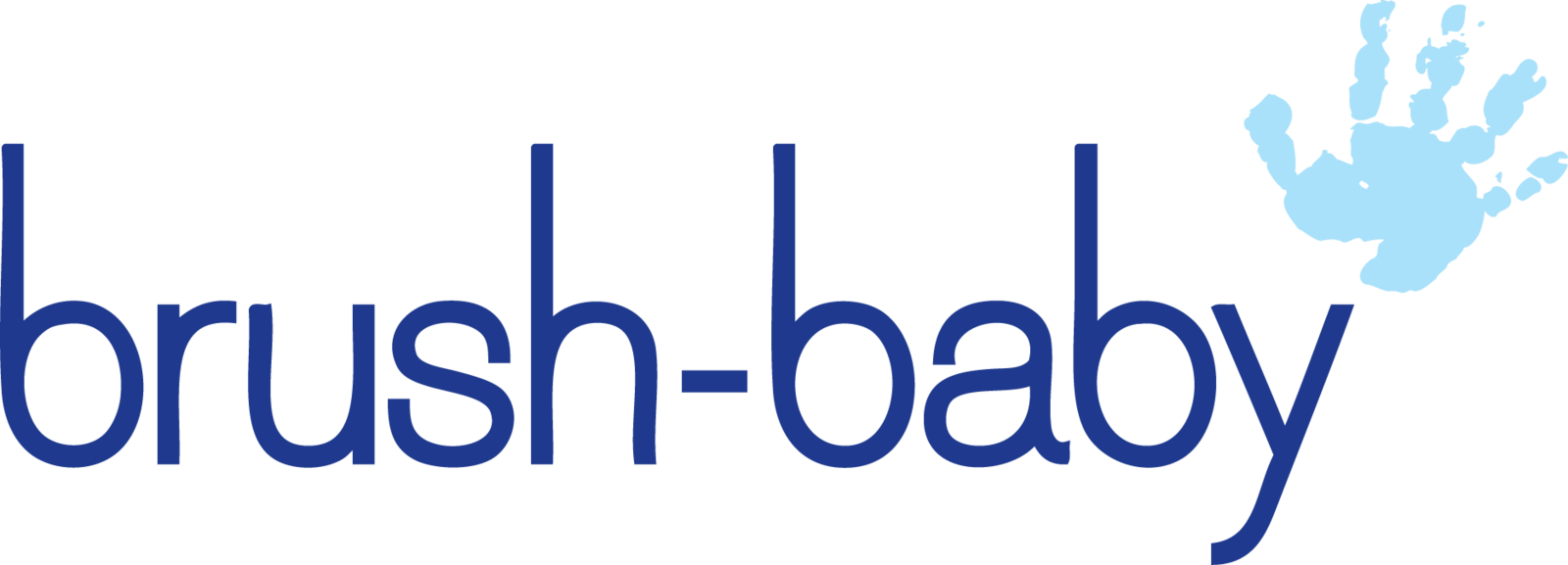When Your Child's Smile Needs Extra Care
At brush-baby, we know every smile tells a unique story. Today, we’re talking about a condition called ‘enamel hypoplasia’.
Read on to find out more about what it is and the signs to look out for.
brush-baby Explains: What is Enamel Hypoplasia?
Enamel hypoplasia may sound scary, but it simply refers to issues with tooth enamel development.
The hard outer layer of teeth is known as enamel, and when it doesn’t form properly, it can lead to thin, weak enamel that makes a person’s teeth more susceptible to damage and decay. Enamel hypoplasia can affect both baby and adult teeth.
Why Does Enamel Hypoplasia Happen?
There are a variety of causes of enamel hypoplasia, and they can be down to both genetic and environmental factors.
Sometimes, conditions during pregnancy such as malnutrition or certain illnesses can have an effect on your child's enamel development. Other times, it might be due to premature birth or low birth weight.
Environmental factors can also play a role too, such as trauma to the teeth, infections in early childhood, or even a lack of vitamins and minerals.
Recognising the Signs of Enamel Hypoplasia
Spotting enamel hypoplasia early can really help. Key things to look out for are teeth that appear chalky or have white spots. Grooves, pits, or discoloration are also tell-tale signs. Also, if your little one frequently complains of tooth sensitivity, this could be another symptom.
How to Manage Enamel Hypoplasia
Managing enamel hypoplasia involves trying to strengthen the affected teeth and protecting them from decay. Professional treatments to help this can include fluoride applications or dental sealants to add an extra layer of protection.
At home, make sure that your little one uses a soft-bristled childrens toothbrush or, even better, a childrens electric toothbrush, to clean their teeth. Choosing a kids toothpaste that contains fluoride can also strengthen enamel. Our products at brush-baby are designed with these needs in mind, promoting gentle yet effective oral hygiene.
Can You Prevent Enamel Hypoplasia?
While you can’t always prevent enamel hypoplasia, there are some steps that you can take to help to minimise the risk. Make sure that little one eats a balanced diet rich in calcium and vitamin D, which are both crucial for strong teeth.
Hydration is also super important -make sure your child drinks plenty of water, which helps keep their mouth clean.
Encouraging Healthy Oral Habits
Instilling good oral habits early on is also super important. Make brushing a fun, daily ritual right from the very start. Use engaging tools like a fruity toddler toothpaste from our range to make the experience enjoyable for them.
When to Seek Professional Advice
If you notice any signs of enamel hypoplasia, contact your dentist to book a check-up. They can offer you tailored advice and treatment options specific to your little one’s needs.
Knowledge Is Power
By understanding, identifying, and addressing enamel hypoplasia, you can ensure that your child has a bright, healthy smile.
Remember to encourage your little one to brush regularly with their children's toothbrush, maintain a balanced diet rich in calcium and vitamin D, and visit the dentist regularly.
Empower yourself with the knowledge and tools to support your child's dental health.
For additional resources and to explore our wide range of children’s dental products -ranging from baby teething toys to children's electric toothbrushes and more -we’ve got you covered. Visit our brush-baby online store to see everything we offer!







